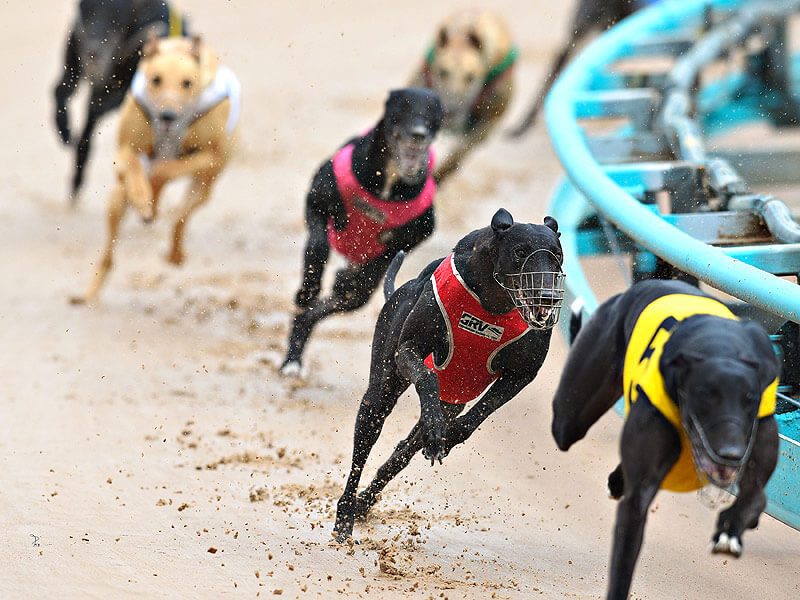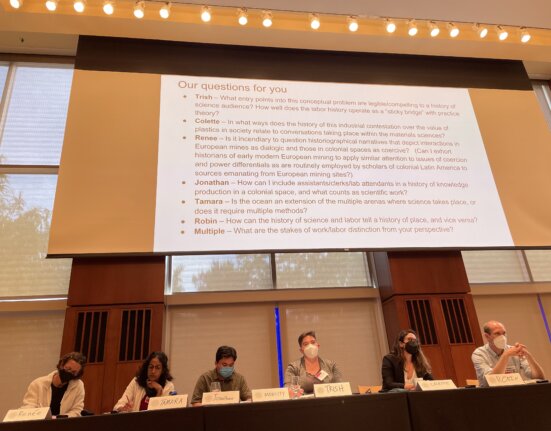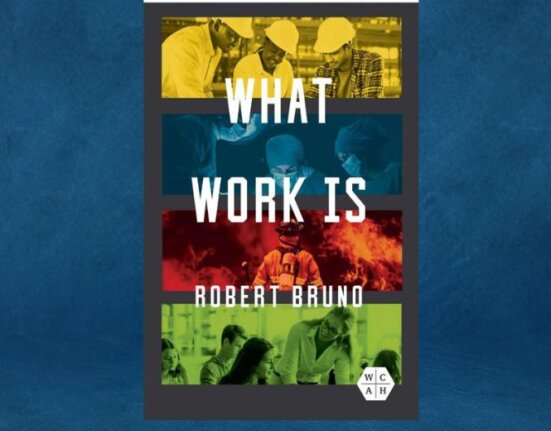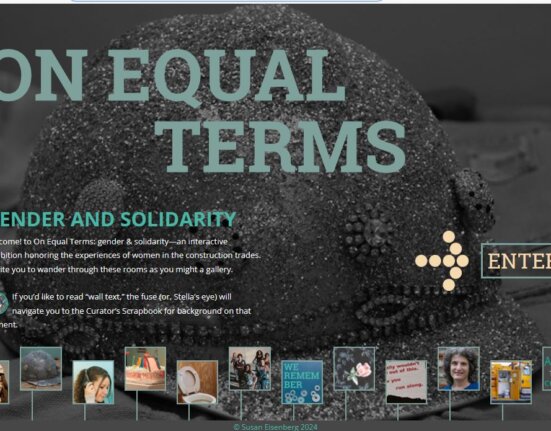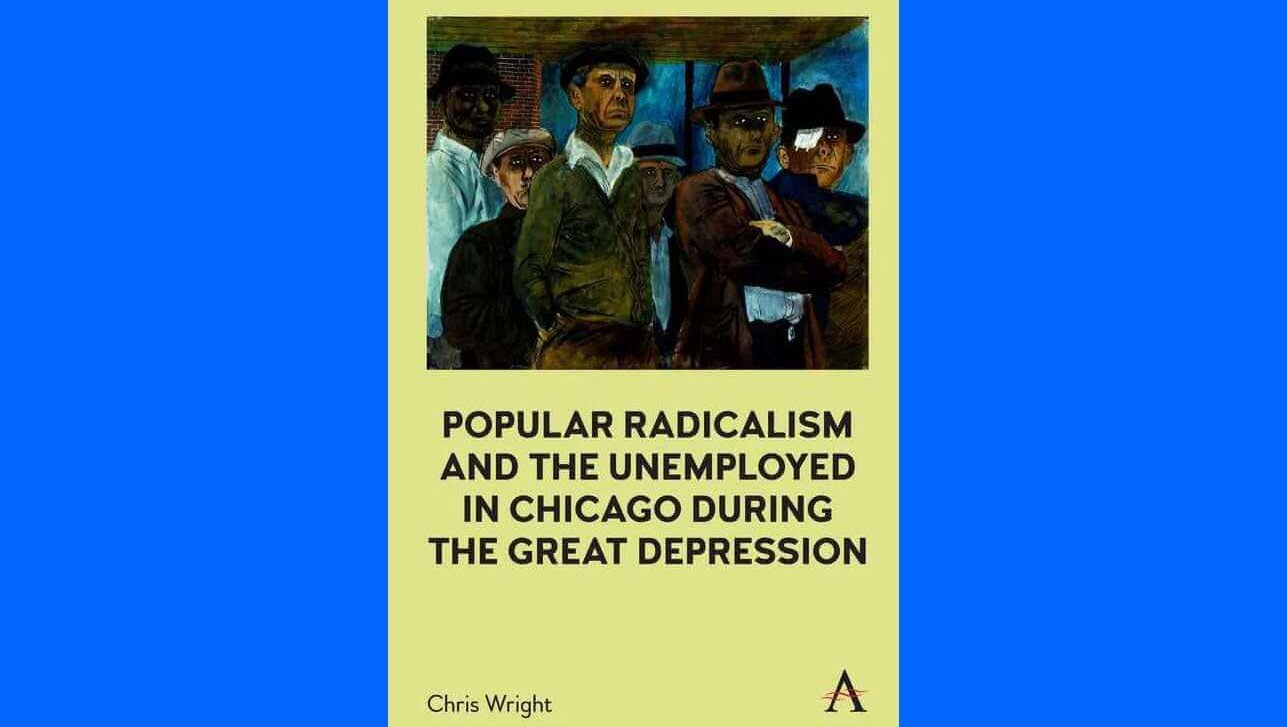The recent announcement that the New South Wales government in Australia was banning Greyhound racing starting in 2017 surprised many. They didn’t expect this from the conservative Liberal Party that runs the NSW government, and many were cynical about the government’s track record of selling off public assets. After all, the publically owned greyhound racetrack in Sydney occupies prime city real estate. But animal welfare organisations have been campaigning for a ban for a long time (with recent support from state politicians from the NSW Greens). They have pointed to the much-publicised cruelty of the industry, including destroying healthy dogs that are no longer winning races and using ‘live baiting’ to ‘blood’ dogs, practices that were exposed by investigative journalists working for the Australian public broadcaster. Their report (which included graphic footage of dogs chasing live animals attached to lures) led to an inquiry into the industry and the subsequent announcement of the ban.
Of course, the NSW greyhound racing industry was shocked and outraged by the ban, which would mean the loss of jobs and livelihoods for a number of workers. They insisted that the industry was improving its practices and could weed out those who didn’t adhere to the regulations. Some suggested that the ban was an assault on working-class culture and aimed at ordinary people who supplemented their incomes via dog racing or took pleasure in the pastime. Dog trainers were described as ‘battlers’ (a favourite Australian term that can refer to working-class people or anyone seen as hard working and not a member of the elite). The NSW Labor party aligned themselves with the industry and also played into this idea.
Although class is not generally discussed in Australia in an explicit way, those in power sometimes acknowledge class differences and use them to justify or sell a particular policy. Suddenly, the working class exists and is under siege by the elites. Australians generally dislike snobbery, so suggesting that the ban reflects elite scorn for working-class activities is a clever tactic. But such arguments hide the wealth tied up in the industry and the money made through gambling. Most of the big players in the greyhound industry are not ‘battlers’.
It is true though that greyhound racing has been a working-class pastime. Some working-class people keep a couple of dogs and race them as a hobby. I’m sure many of these dogs are much loved and well looked after, and they are not necessarily euthanized when they stop being successful on the track. But the cruelty within the industry is systemic, and individual dog owners doing the right thing doesn’t counter the widespread abuse of the animals. And even the most diligent owner can’t prevent dogs from being injured during races or training.
Many of those who have been campaigning against greyhound racing in NSW have been labelled as middle-class greenies with no idea about working-class life. That’s why a working-class perspective is important. Not all working-class people advocate for pastimes that lead to animal suffering, even when the pastime has been an important aspect of their culture. I grew up close to one of London’s most famous greyhound racing tracks, Walthamstow Stadium (The Stow). The pub on my public housing estate was called The Greyhound. Going to the dogs was a common pastime in our neighbourhood, and the stadium was a much-loved feature. The atmosphere was exciting with the bookies shouting odds, dogs barking in the sheds and paraded before racing (as kids we would walk along the rail on the outside of the track and pick a dog we thought was the best, usually based on the colours it was wearing or whether it looked at us as it passed). The punters would study the form (I still have a copy I picked up one night), the lights would dim, and the stadium would go quiet before the ‘hare’ was released, the traps opened and the dogs would come zooming around the track. The stadium would explode as punters yelled names of their dogs, getting louder as the dogs reached the final post. Then the winners would cheer and the losers sigh as they dropped their spent bookies tickets and went back to the bar. It was magic.
As a young person, I didn’t think about the impact on the animals. I hated horse racing, but it was not a working-class sport. I’d never been to a horse race, so it was easy for me to condemn it as a cruel pastime. Greyhounds were close to home – everyone enjoyed the dogs, and it took me a while to make the same association. I remember as a teenager seeing a local newspaper report on ‘hare-coursing’ (live baiting of dogs), and while I thought this to be horrible, I dismissed it as the actions of a rogue few. When The Stow closed down and was sold to a private developer, I was very upset. It was the end of an era, and my community lost jobs and a special part of local culture. The façade of The Stow and some of the internal structure were heritage listed and form part of a new private housing development, but people still lament the demise of the race track.
Years later I realised that my support for greyhound racing was hypocritical. It wasn’t good enough to defend something just because it was associated with working-class culture. In addition to the suffering experienced by the animals, there are other unethical aspects of the industry, namely gambling, which can have a devastating impact on working-class people. The average punter is likely to be a loser and the gambling industry stands to gain
As someone who is proud of my working-class culture, I find it difficult to admit that some working-class pastimes should be banned, especially when the demise of greyhound racing will result in job losses. But jobs in an unethical industry are not good jobs. Instead of protecting these jobs, we need programs to assist employees in finding new occupations.
Arguments opposing the ban on the grounds that it is an attack on working-class culture won’t wash with me. I’m making a stand against this working-class pastime even as I remember the fun I had at The Stow. Not all aspects of our culture should be maintained, and we need to be willing to call out unethical practices. This doesn’t weaken working-class culture, it makes it stronger.
Read “The Manor 2,” a poem about dog racing from Sarah’s 2000 collection, Hope in Hell.


